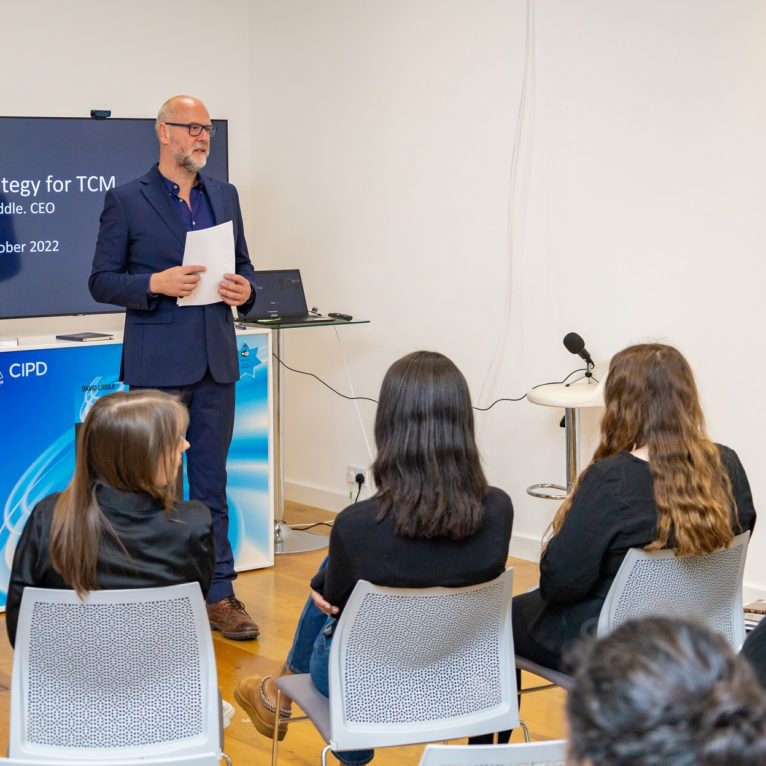
Share article:
Tags:
So far, during our series on the eight enablers of transformational culture proposed by TCM’s CEO and Founder David Liddle, we have covered values, evidence and data, and the people and culture function.
The fourth enabler outlined in his book Transformational Culture is ‘leadership and management.’ Within an organisation, leadership, arguably is the primary factor driving, sustaining and shaping internal culture and values. How our leaders and managers behave can be make or break. Either inspiring loyalty and excellence or creating apathy, disengagement and negativity.
What does your leadership style and decisions say about you?
Perhaps you’ve never even considered this question, well now is a great time to start! Real-world examples illustrate the impact and fall-out from bad leadership. One telling example can be seen in the case of Culture Trip, a well-funded travel start-up.
Tales of bullying, a culture of fear, high staff turnover and regular changes in company direction have led to less than flattering public feedback from employees on Glassdoor, union-esque revolts, negative exposé-style press coverage and a suggested impact on the company’s bottom line, which could affect its longevity.
Contemporarily, ‘leadership’ has been a hot topic at the forefront of our political landscape in the UK and I’m sure you can agree that the past few weeks and months have highlighted the importance of integrity within the leadership space.
Firmly onto our third Prime Minister in 2022, the debacle has been embarrassing, damaging (in several contexts) and unsettling. Uncertainty, questionable decisions, and a lack of transparency from those at the helm of our government have had drastic effects which affect us all.
It is clear to see that there have been numerous successive missteps from our Prime Ministers and a lack of accountability. Some news outlets have gone as far as to deem the saga a ‘case study in poor leadership.’ But as leaders in our own right, the question is ‘what can we learn from these failings?’
This saga does provide key learning opportunities around the importance of honest and transparent leadership. Transparent leadership helps to create trust. It improves morale, increases happiness, boosts performance, and helps to lower job-related stress.
David asserts “We need our leaders to show great courage at this time of incredible adversity. Our leaders need to have the courage to trust their people, to listen to them and to empower them to be brilliant, irrespective of their background, beliefs, heritage, or personal circumstances.”
Three ways you can exemplify great leadership
- Be humble: Redfin, an online real estate broker, has a model of giving back two-thirds of the commission that traditional agents charge. Initially this was despised by real estate agents, and they blacklisted anyone using the service. Redfin’s CEO Glenn Kelman in turn started a blog on the negative aspects of the real estate business, internal company struggles and his own leadership. Customers appreciated the honesty and transparency, grew affinity with the brand and the business grew substantially following this.
- Be empathetic: Toro’s CEO Ken Melrose responded to the company’s legal and financial woes by implementing a policy in which a company representative visited employees who were injured to find out what went wrong, how they were doing and offer sympathy. The organisation, which manufactures commercial lawn and golf course management equipment, sees an average of 100 serious injuries per year. Before this policy 50% of incidents resulted in a lawsuit, following the change this dynamic has virtually vanished, with just one lawsuit filed since 1991.
- Be approachable: Costco’s CEO, Jim Sinegal wears a name badge which simply says ‘Jim.’ He answers his own phone, doesn’t have an extravagant office, regularly interacts with staff and has taken a decreased salary of $350,000 (whereas many CEO’s of large companies are paid millions). Why? He believes it is wrong to be disproportionately more than his employees at the forefront of the organisation’s retail operations. This results in an affinity and respect from employees and sees Costco enjoy five times lower turnover than its nearest competitor Walmart.
Ready to explore and demonstrate confidence, competence, and courage in leadership? Find out more about TCM’s leadership services here.














